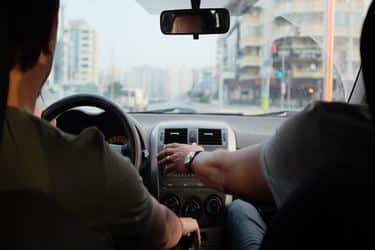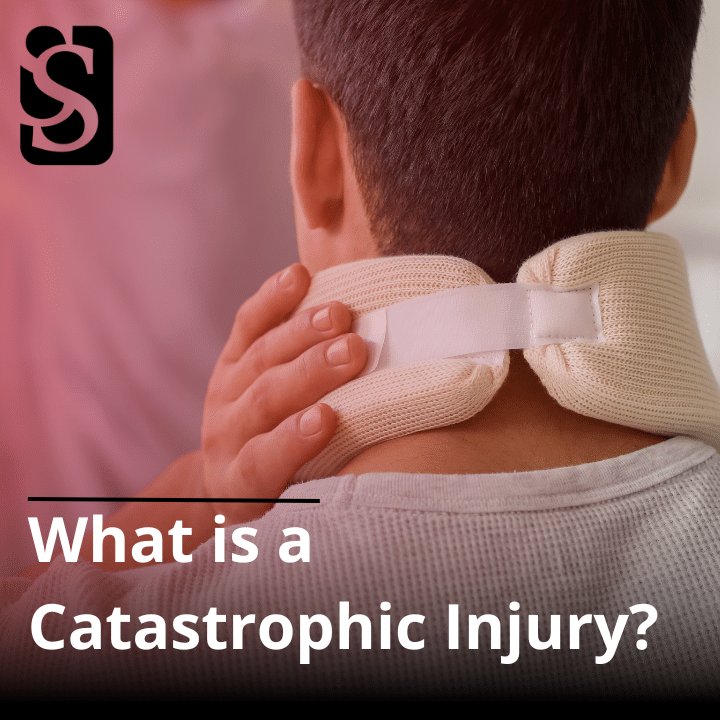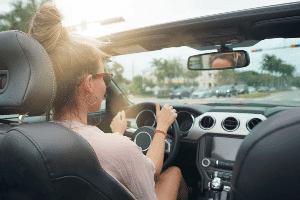
For many teens, turning 15 or 16 means they can finally become a little more independent and drive themselves around.
In reality, it’s not quite that simple.
Before getting behind the wheel for the first time, it’s important to understand Texas’ teen driving laws to make sure you’re safe and following the law on the road.
The Graduated Driver License Program
Like all other states, Texas has a Graduated Driver License program for teens that sets certain requirements and milestones new drivers must meet before they are granted a driver’s license.
Teens are allowed to apply for a “learner license” when they turn 15, though they are allowed to enroll in driver’s education courses at 14. Once they have the learner license, they must hold it for at least 6 months before moving on to the next step.
During this six month period, each teen must complete a driver’s ed course, and may only drive when accompanies by someone who is at least 21 years old.
When they turn 16, the teen may apply for the next license in the process: the provisional driver’s license. This is the license the teen will have for the next two years until they turn 18. Just like with the provisional license, there are several restrictions on the new driver designed to minimize distractions and maximize safety.
First, the provisional license only allows for one non-family passenger under 21 while the teen is driving. Second, the provisional license does not permit the driver to operate the vehicle between midnight and 5:00 a.m. And third, the use of any mobile device, even hands-free, is prohibited. All of these restrictions are lifted when the driver turns 18 and receives his or her full driver’s license.
Special Offenses
Because Texas teen driving laws are designed with safety in mind, there are also special penalties and requirements when substance use occurs.
There Is No Allowed Alcohol Limit
While drivers over 21 are allowed to drive if they are under the legal limit, Texas law imposes a zero-tolerance policy on teen drivers under the age of 21. Getting caught with any amount of alcohol is a criminal offense, and can result in fines of up to $2,000 and 180 days in jail even for a first offense. In addition, your provisional license may be suspended for up to a year.
Tobacco Awareness Program
If a teen has been convicted of buying, receiving, possessing, or consuming tobacco products under the age of 18, he or she will be required to take part in a tobacco awareness program to avoid suspension of the driver’s license.
Checklist: What You Should Do In An Accident
Studies have shown that teen drivers are involved in more fatal crashes than any other group. This is because driving is a skill, and like other skills, it takes experience to do safely. Unfortunately, even the safest teen drivers may still be at risk, often through no fault of their own. When accidents do happen, it’s good to know what you should do.
1. Assess Injuries to Yourself and Others
Many auto accidents are relatively minor, like fender-benders. Even if they are more serious, however, always make sure to determine if you are injured or if someone else is injured. If so, calling the police and emergency services right away is critical and may be able to save your or someone else’s life.
2. Call the Police and a Parent or Guardian
As an extension of #1, make sure you call the police. The officer or officers that arrive on the scene can document the accident and make an official report, which will be useful in any potential legal action.
If you’ve never been in an accident before, the process can be intimidating. Calling a parent or guardian to help you through it can also relieve some of the stress of being in an accident.
3. Document the Scene and Collect Information
To make sure you remember all the details of how the accident happened, it’s important to take photos of the scene and write down what happened. Also, don’t forget to write down the name, driver’s license number, address, and insurance information of the other driver. Collecting statements or contact information from witnesses is also a good idea if possible.
4. Don’t Admit Fault or Blame the Other Driver
One of the worst things you can do after an accident is to admit fault. This may damage any future claims you have, from both insurance or any potential legal action. Similarly, blaming the other driver may escalate an already tense situation, which could cause additional unnecessary problems.
To avoid doing either, don’t apologize or suggest that the other driver is to blame—instead, communicate only what is necessary to get their information and then wait until the police or your parents or guardians arrive.
Were You or Your Teen Injured in a Car Accident?
Even after taking all the precautions, you or your teen may still be involved in an accident. At Sutliff & Stout, our experienced Texas car accident lawyers can make sure you receive competent legal representation to get the compensation you deserve. Contact us online today or call us at (713) 987-7111 for a free case review.
- What is a Catastrophic Injury? - January 30, 2025
- Essential Guide for Pedestrians Hit by Cars in Texas - January 30, 2025
- How to File a Wrongful Death Lawsuit in Texas - January 15, 2025








 (713) 405-1263
(713) 405-1263  550 Post Oak Blvd, Suite 530
550 Post Oak Blvd, Suite 530